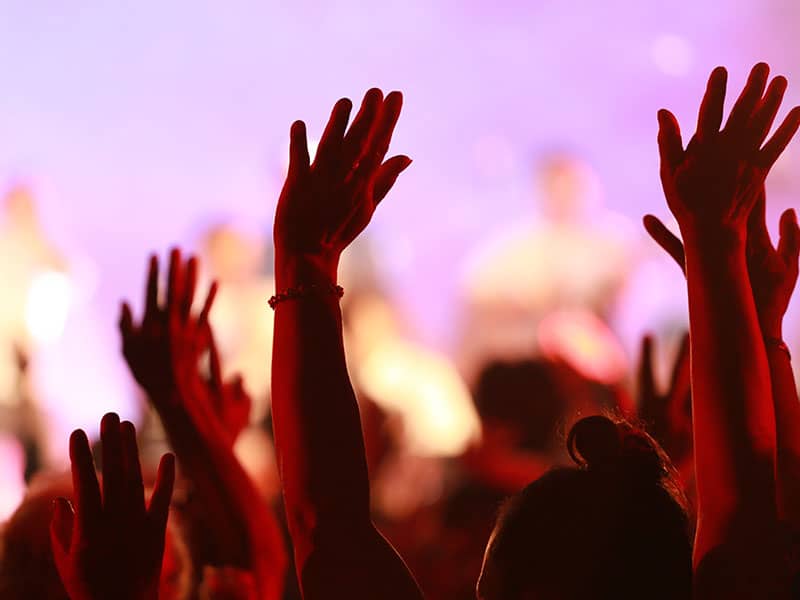JERUSALEM, Oct. 13 (AP)--U.N. mediators Friday prodded a reluctant Yasser Arafat to attend a U.S.-led Mideast summit, but violence persisted despite worldwide pleas for a truce. A Palestinian man was killed by Israeli fire, and riot police blocked Muslims from a contested Jerusalem shrine.
Everyone but the Palestinian leader appeared ``on board'' for a weekend summit in the Egyptian Red Sea resort of Sharm el-Sheik, U.N. spokesman Manoel de Almeida e Silva said in New York. U.N. Secretary-General Kofi Annan was to meet with Arafat later Friday in Gaza City.
Across the West Bank, Palestinians marched to protest Israel's rocket attacks Thursday against Palestinian government buildings, including police stations and broadcast centers.
Israeli Prime Minister Ehud Barak ordered the missiles fired as retribution for the mutilation and slaying of two Israeli reserve soldiers by a Palestinian mob at a police station in the West Bank town of Ramallah.
Standing on the ruins of the police station hit by Israeli rockets, Marwan Barghouti, the West Bank leader of Arafat's Fatah movement, exhorted a cheering crowd to stand tough.
``This is our fight and we defy Barak and his tanks and planes,'' said Barghouti, who has been singled out by Barak as the mastermind of shooting attacks on Israelis.
Later, a firefight erupted between some of the demonstrators and Israeli troops manning a checkpoint north of Ramallah.
In the West Bank town of Hebron, a 22-year-old Palestinian was killed in what the Israeli army said was a gun battle between Israeli troops and gunmen mingling with Palestinian rock-throwers in the center of town.
Palestinian witnesses said only the Israelis fired, and that soldiers kept shooting when demonstrators tried to remove the wounded man, who died later at a hospital.
About 100 people, most of them Palestinians, have been killed in 16 days of clashes triggered by the visit of Israel's hard-line opposition leader, Ariel Sharon, to a contested Jerusalem shrine known to Jews as the Temple Mount and to Muslims as Haram as-Sharif, or Noble Sanctuary.
On two previous Fridays--the Muslim day for nonn-time communal prayer--deadly clashes erupted between police and rock-throwers at the site.
In Jerusalem, Israeli police trying to prevent new unrest blocked Muslim worshippers under age 45 from noon prayers there. In an Old City alley leading to the compound, helmeted policemen formed a cordon and pushed back angry worshippers with clubs. Shouting matches ensued.
When the muezzin announced the start of prayers, those kept out by the Israelis spread their prayer mats on the cobblestones of the alley.
Friday's relative lull suggested that Israel and the Palestinians were stepping back from the brink of an all-out conflict. Still, both sides posed conditions for attending a summit this weekend with the United States, Egypt, Jordan and the United Nations.
Relations remained so strained that Arafat and Barak asked international mediators, including Annan and British Foreign Secretary Robin Cook, to carry messages back and forth.
Arafat said he wanted Israel to withdraw troops from the entrances of Palestinian cities, lift a siege of West Bank towns and agree to the establishment of an international inquiry commission into recent events.
Israel TV's Channel Two said Egyptian President Hosni Mubarak has spoken six times by telephone to Arafat in the last 24 hours to try to persuade him to attend the summit.
Barak, in turn, said he did not want to reward Arafat for violence.
``In light of recent events, especially to grim pictures we saw yesterday, it will be much more difficult for me to meet him,'' Barak said.
The goal of a summit would be to reach a truce, not to restart full-blown Israeli-Palestinian peace negotiations. The fighting has cut deep wounds on both sides, with Barak and Arafat each saying they no longer had a partner for peace.
Barak also is fighting an increasingly difficult battle for political survival. Parliament resumes in two weeks, and the prime minister now only has the support of 30 of 120 legislators.
Barak has invited Sharon's Likud party to form an emergency coalition, a step seen by the Palestinians as a signal that the prime minister has already abandoned peace talks.
However, Rabbi Michael Melchior, a Cabinet minister, said an alliance with Sharon might only be temporary. If Arafat returns to negotiations in good faith, ``then I think it will be difficult to stick...with the national unity government,'' Melchior said.
Still, Barak is taking a beating in the polls as a result of the new wave of violence. If elections were held today, Barak would be trounced by his predecessor, former Likud leader Benjamin Netanyahu, one survey said.
The slayings of the Israeli soldiers in Ramallah was seen by many Israelis as a watershed. The two soldiers had made a wrong turn, were taken to the town's police station and beaten and stabbed by a mob that stormed the building.
The Yediot Ahronot daily ran a large front-page photo of a Palestinian man triumphantly raising blood-covered hands to signal to the frenzied crowd that the deed was done.
The pictures ``will be etched for eternity into the history of the conflict,'' Nahum Barnea wrote in a front-page commentary.
Cook said Arafat told him the killers would be arrested. However, Palestinian Information Minister Yasser Abed Rabbo said only that an investigation was to be completed in two days.

